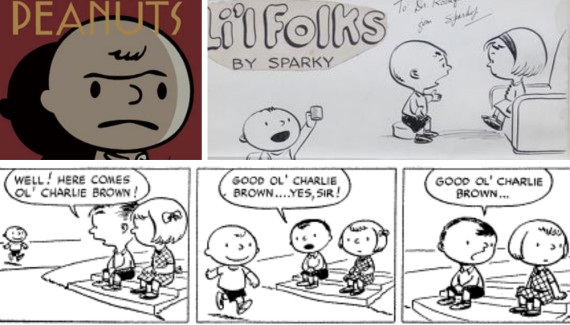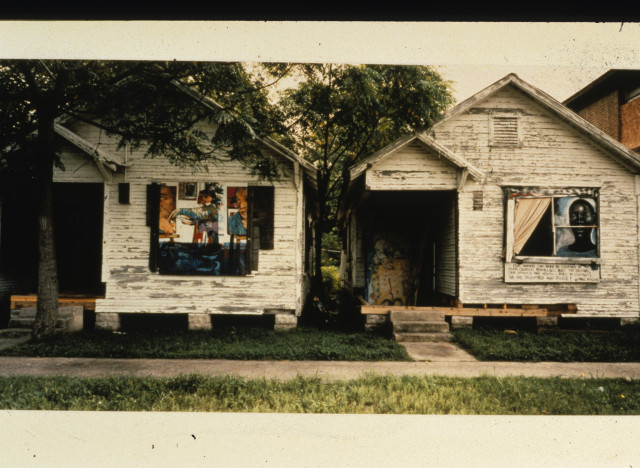The Betrayers
by David Bezmozgis
Little, Brown and Company, $26.00
Published September 23, 2014
What we think:
While at points stagey and pedagogical, David Bezmozgis' The Betrayers turns a mirror on readers’ own moral choices through a compelling and piercing exploration of guilt and self-justification.
Though Bezmozgis' novel unfolds in merely a day, its scope is vast -- it encompasses decades, countries, and moral questions that cut to the heart of what it means to do the right thing. Baruch Kotler, an Israeli politician and former Soviet Jewish dissident, has faced his share of public scandal by the time we meet him in Yalta with his young mistress, Leora. Their affair has just been leaked to Israeli newspapers, apparently in retribution for Kotler’s public stand against the prime minister’s plan to withdraw from West Bank settlements, and the pair have fled to a spot in Crimea where they expect not to be recognized or hassled. Meanwhile, his family and country are grappling with the fallout of his infidelity and his political choices without him, only brief cell phone calls keeping him in contact with the children whose lives he’s upended.
Far from an idyllic week-long interlude from their newly high-profile life, however, the Crimean holiday only serves to prod Kotler to confront his scandalous present, and past, even more directly. A lost hotel reservation sends the couple to rent a room with a local couple; mere hours after they’ve settled in, Kotler recognizes the husband of their landlady -- his former roommate, a fellow Soviet Jewish dissident who denounced him publicly many years before, condemning him to 13 years in a gulag.
This chance encounter demolishes any hope for a romantic getaway, but Kotler chooses to remain and meet his betrayer head-on, though he scarcely knows what to expect from the long-deferred encounter. Leora, the energetic and thoughtful young mistress, has no hesitation about registering her annoyance at this turn of events, but unwillingly remains by his side. Svetlana, their landlady, has hopes that the Jewish couple she’s rented the room to could sweeten the curdling fortunes of her family. Tankilevich, Kotler’s betrayer, sees the arrival of the man whose life he once destroyed as one more torment after a life of self-inflicted punishments.
The stage set, the conflict unfolds in almost theatrical scenes. Characters often seem to declaim for an audience as much as converse, an impression difficult to avoid with so much exposition and so much moral weight to pack into a passage of dialogue. Here Bezmozgis’ constraint of telling his tale within one day seems an impediment; with no flashbacks or movement through time, we are by necessity told much of the plot rather than shown it.
Yet it also offers an opportunity to focus not on the mechanics of what we do, but on the processes by which we come to terms with what we’ve done. The Betrayers delves into the psyches of its characters, offering intriguing moments of revelation into how we betray each other, and how we justify our betrayals. Though these insights feel too inadequately explored, at points even somewhat heavy-handed, Bezmozgis’ dramatic narrative prompts reflection, evoking with its grand historical themes the same petty ethical quandaries we each face daily.
What other reviewers think:
The Los Angeles Times: "The Betrayers [...] reads less as a parable of reconciliation than an expression of its own inability as a novel to live up to the vagaries of history."
Kirkus: "If the coincidence seems impossibly unrealistic, the conversations between the two men, and the depth of thought and feeling Bezmozgis brings to them, redeem any such concerns."
Who wrote it?
David Bezmozgis has previously published a novel, The Free World, and a short story collection, Natasha. He was one of The New Yorker’s “20 Under 40” in 2010.
Who will read it?
Readers who enjoy fiction with political themes, as well as moral and ethical themes explored with nuance.
Opening lines:
“A thousand kilometers away, while the next great drama of his life was unfolding, and God was banging His gavel to shake the Judaean hills, Baruch Kotler sat in the lobby of a Yalta hotel and watched his young mistress berate the hotel clerk -- a pretty blond girl, who endured the assault with a stiff, mulish expression.”
Notable passage:
“How had he managed it? In one small life, to have so many scandals. But it was as though the first scandal had predisposed him to the others. If you have drawn the world’s attention once, it is easy to draw it twice. And easier still for some tawdry business. If you give the world a love story, it is like a first installment. Where the next installment is a hate story. Of which the world will accept an infinite number. He had Tankilevich to thank for his first scandal, his introduction to the world. He had Shapira’s spitefulness to thank for his second. For this one, he could thank himself.”
by David Bezmozgis
Little, Brown and Company, $26.00
Published September 23, 2014
What we think:
While at points stagey and pedagogical, David Bezmozgis' The Betrayers turns a mirror on readers’ own moral choices through a compelling and piercing exploration of guilt and self-justification.
Though Bezmozgis' novel unfolds in merely a day, its scope is vast -- it encompasses decades, countries, and moral questions that cut to the heart of what it means to do the right thing. Baruch Kotler, an Israeli politician and former Soviet Jewish dissident, has faced his share of public scandal by the time we meet him in Yalta with his young mistress, Leora. Their affair has just been leaked to Israeli newspapers, apparently in retribution for Kotler’s public stand against the prime minister’s plan to withdraw from West Bank settlements, and the pair have fled to a spot in Crimea where they expect not to be recognized or hassled. Meanwhile, his family and country are grappling with the fallout of his infidelity and his political choices without him, only brief cell phone calls keeping him in contact with the children whose lives he’s upended.
Far from an idyllic week-long interlude from their newly high-profile life, however, the Crimean holiday only serves to prod Kotler to confront his scandalous present, and past, even more directly. A lost hotel reservation sends the couple to rent a room with a local couple; mere hours after they’ve settled in, Kotler recognizes the husband of their landlady -- his former roommate, a fellow Soviet Jewish dissident who denounced him publicly many years before, condemning him to 13 years in a gulag.
This chance encounter demolishes any hope for a romantic getaway, but Kotler chooses to remain and meet his betrayer head-on, though he scarcely knows what to expect from the long-deferred encounter. Leora, the energetic and thoughtful young mistress, has no hesitation about registering her annoyance at this turn of events, but unwillingly remains by his side. Svetlana, their landlady, has hopes that the Jewish couple she’s rented the room to could sweeten the curdling fortunes of her family. Tankilevich, Kotler’s betrayer, sees the arrival of the man whose life he once destroyed as one more torment after a life of self-inflicted punishments.
The stage set, the conflict unfolds in almost theatrical scenes. Characters often seem to declaim for an audience as much as converse, an impression difficult to avoid with so much exposition and so much moral weight to pack into a passage of dialogue. Here Bezmozgis’ constraint of telling his tale within one day seems an impediment; with no flashbacks or movement through time, we are by necessity told much of the plot rather than shown it.
Yet it also offers an opportunity to focus not on the mechanics of what we do, but on the processes by which we come to terms with what we’ve done. The Betrayers delves into the psyches of its characters, offering intriguing moments of revelation into how we betray each other, and how we justify our betrayals. Though these insights feel too inadequately explored, at points even somewhat heavy-handed, Bezmozgis’ dramatic narrative prompts reflection, evoking with its grand historical themes the same petty ethical quandaries we each face daily.
What other reviewers think:
The Los Angeles Times: "The Betrayers [...] reads less as a parable of reconciliation than an expression of its own inability as a novel to live up to the vagaries of history."
Kirkus: "If the coincidence seems impossibly unrealistic, the conversations between the two men, and the depth of thought and feeling Bezmozgis brings to them, redeem any such concerns."
Who wrote it?
David Bezmozgis has previously published a novel, The Free World, and a short story collection, Natasha. He was one of The New Yorker’s “20 Under 40” in 2010.
Who will read it?
Readers who enjoy fiction with political themes, as well as moral and ethical themes explored with nuance.
Opening lines:
“A thousand kilometers away, while the next great drama of his life was unfolding, and God was banging His gavel to shake the Judaean hills, Baruch Kotler sat in the lobby of a Yalta hotel and watched his young mistress berate the hotel clerk -- a pretty blond girl, who endured the assault with a stiff, mulish expression.”
Notable passage:
“How had he managed it? In one small life, to have so many scandals. But it was as though the first scandal had predisposed him to the others. If you have drawn the world’s attention once, it is easy to draw it twice. And easier still for some tawdry business. If you give the world a love story, it is like a first installment. Where the next installment is a hate story. Of which the world will accept an infinite number. He had Tankilevich to thank for his first scandal, his introduction to the world. He had Shapira’s spitefulness to thank for his second. For this one, he could thank himself.”































